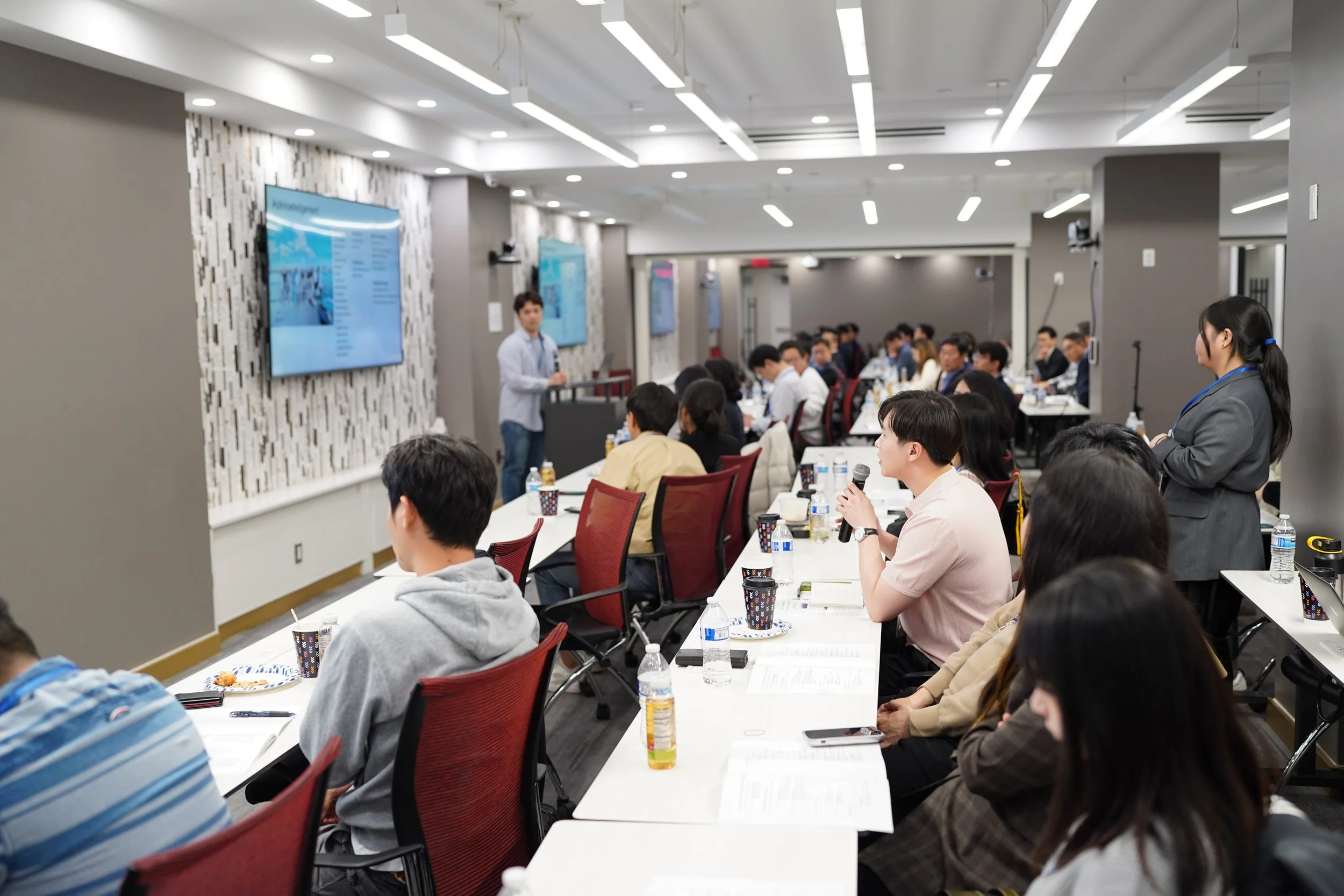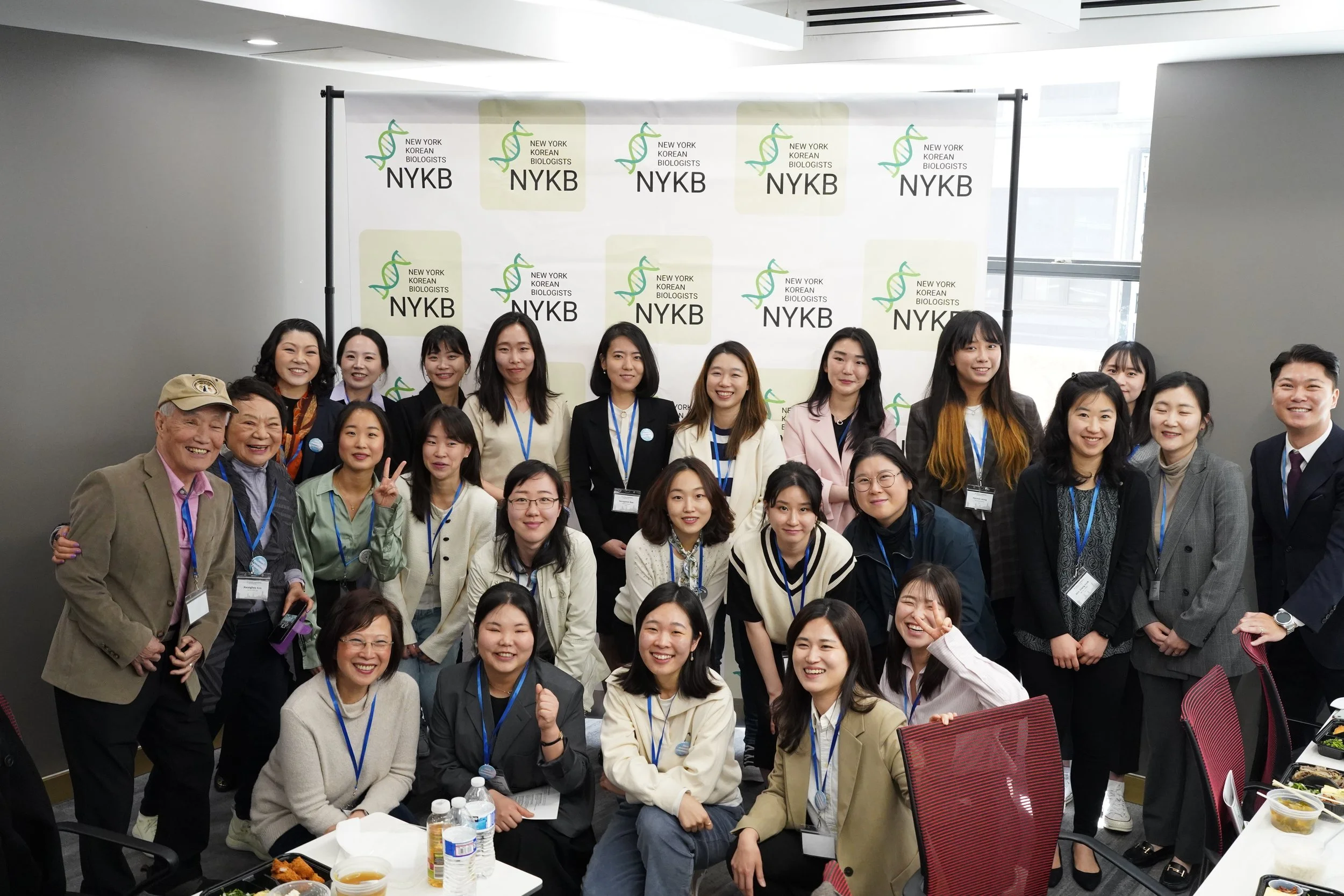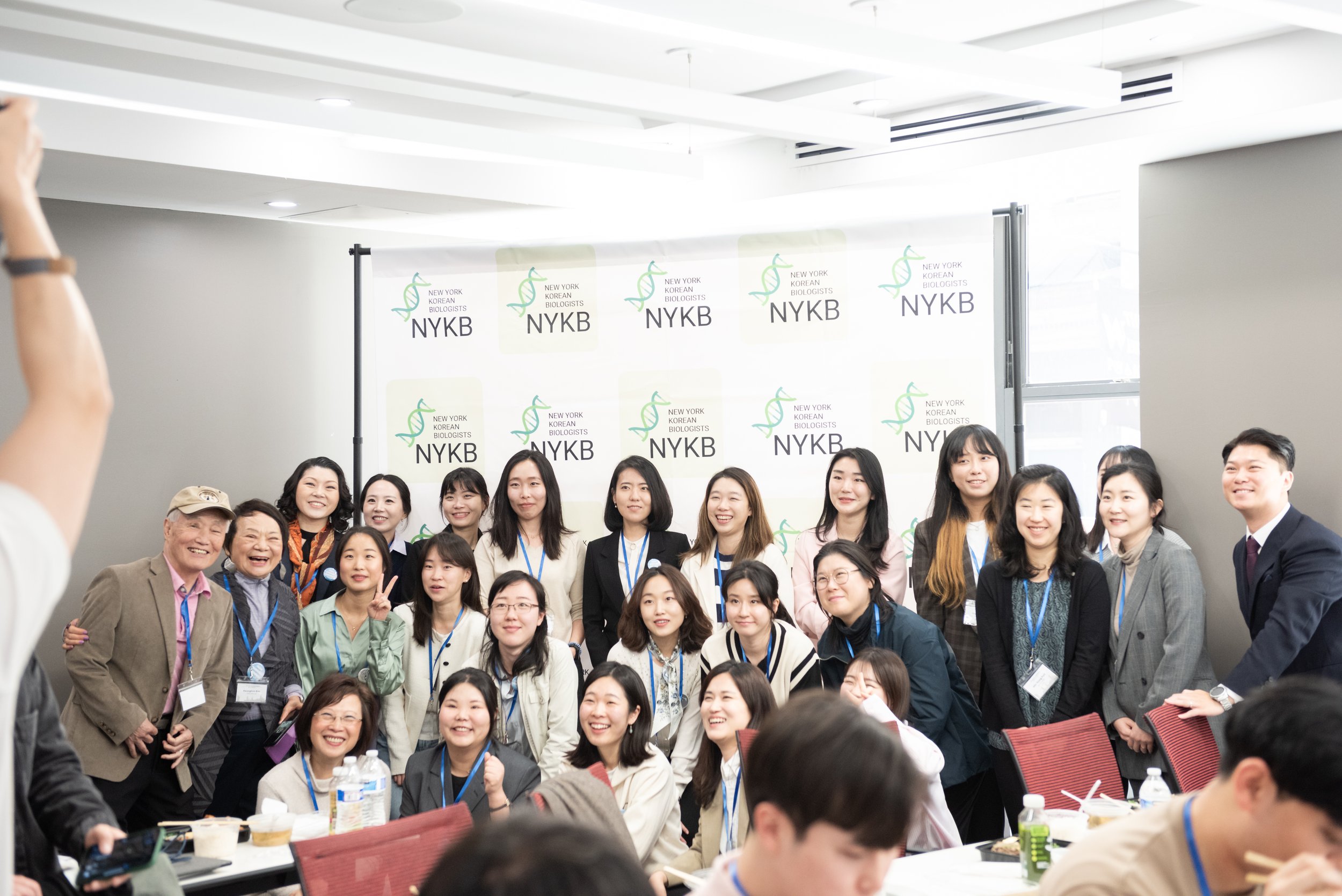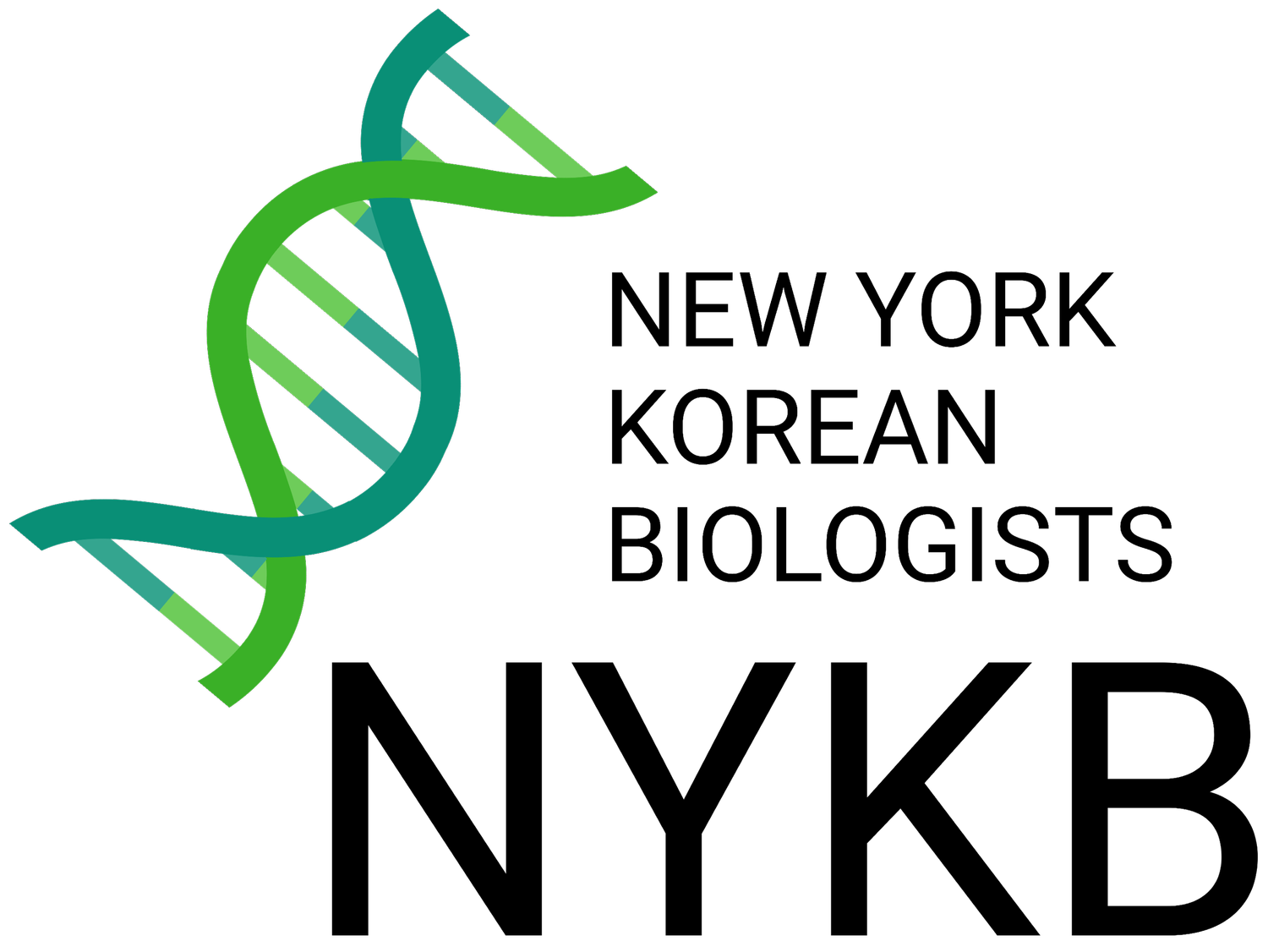
15th ANNUAL CONFERENCE
May 6th, 2023
Sat, 9:30 AM - 9:30 PM (EST)
Jay Suites Fifth Avenue
15 West 38th Street, 2F
Keynote Speakers
-
Assistant Professor, Department of Medicine, Division of Infectious Diseases, Weil Cornell Medicine
RNA viral strains genetic diversity and their implications in drug and vaccine research
RNA viruses have high mutation rates. In this talk, Dr. Guinevere Lee will first discuss mutation rates of pathogenic RNA viruses using SARS-CoV-2, influenza and HIV as examples, and then will dive into HIV genetic diversity in the context of drug, vaccine and cure research. HIV is a blood-borne pathogen that infects human CD4+ cells. Upon infection, the virus integrates into the human chromosome, resulting in the life-long infection the host. Without daily doses of antiretroviral treatment to suppress viral replication, an infected individual would develop acquired immunodeficiency syndrome (AIDS), which often results in death. Antiretroviral treatment has successfully prolonged lifespans of infected individuals, but it comes at the cost of lifelong dependence, requires strict adherence, and requires a strong health care system to monitor treatment efficacies. HIV cure is a major research priority outlined by the USA National Institute of Health. A cure to HIV is defined as the elimination of integrated HIV DNA reservoirs (sterilizing cure) or the permanent silencing of viral transcription of genome-intact proviruses to prevent virologic rebound (functional cure) in the absence of antiretroviral therapy. To-date, there are only three known cases of sterilizing cure through bone-marrow transplantation in individuals with cancer, a procedure that is considered too risky for the general public. Other strategies to cure HIV includes: “Shock and kill,” which aims to eliminate or reduce viral reservoir sizes by using latency reversal agents (LRAs) to activate viral transcription, thereby exposing HIV-infected cells to viral cytopathic effect, and/or natural and/or interventional immune clearance; “block and lock,” which aims to force proviruses into a transcriptionally dormant state; and “genome editing” through zinc finger nucleases or CRISPR/Cas9 approaches, which aims to excise and decapacitate integrated proviral genomes and/or a host protein CCR5 which function as one of HIV entry co-receptors. Except bone-marrow transplantation and host CCR5 knock out, all other aforementioned approaches are potentially susceptible to viral genetic and integration site diversity. However, current reservoir and persistent studies focus heavily on a specific strain of HIV: subtype B HIV-1. Whether viral strain-specific genotypic differences drive differences in reservoir profiles is poorly understood. Achieving a broad understanding of the virus biology across HIV subtypes is a prerequisite to evaluating whether a given treatment, vaccine and/or cure strategy is broadly applicable.
-
Department of Chemistry & Chemical Biology, Rutgers University
Advanced Cell and Gene Therapies For Effective CNS Repair Using BioNanomaterials
This presentation will focus on the interface between nanomedicine, chemical biology, and stem cell therapeutics. Neurological disorders often result in cellular dysfunctions that can cause severe and permanent paralysis. Since the central nervous system (CNS) has limited regenerative abilities and the damaged tissue is in a highly complex inhibitory environment, gene- and stem cell-based therapies have great potential for CNS repair. These therapies could regenerate a robust population of functional neural cells and modulate the neuroinhibitory microenvironment.
To this end, our approach is three-fold: i) to develop a non-viral genetic manipulation method by mimicking the function of natural transcription factors (TFs) that can control neuronal functions, ii) to develop a nanomaterial-based bioscaffold methodology for the controlled delivery of therapeutic molecules in vivo, and iii) to incorporate our nanobioscaffold approach to enhance stem cell transplantation.
Given that many neurodegenerative diseases and neuro-injuries deal with damaged neural circuits and neuro-inflammation, our developed system can be broadly applicable to many different indications.
In this presentation, a summary of the most updated results from these efforts and future directions will be discussed.
KEYWORDS: Bio-inspired Hybrid Nanomaterials, Artificial Transcription Factors, Stem Cell Therapeutics, Personalized Medicine, and CNS repair
ACKNOWLEDGEMENTS: The presenter would like to acknowledge KBLEE group members and collaborators. http://kblee.rutgers.edu/
Biological Technique Session
-
Director Pharma/Biotech at Promega
Studying the DNA Damage Response (DDR)/PARP Pathway
Many components of the DNA Damage response pathways are key targets of therapeutic development in the oncology space. Assessing target engagement of PARPs and kinases, components of these pathways’ machinery, presents a challenge because isolated targets do not behave like targets in cells. NanoLuc® and NanoBRETTM technologies enable quantitative assessment of intracellular target engagement to get better correlation between binding and functional pharmacology. Join us as we explore PARPs, kinases, and select pathway nodes in a cellular, biologically relevant system while learning more about interrogating these hot targets.
Program Preview
Time
9:00 - 9:30 AM
Registration
9:30 - 9:35 AM
Welcoming Address
9:35 - 9:40 AM
Congratulatory Remark
9:45 - 10:35 AM
Keynote Session I
Guinervere Lee, PhD
Department of Medicine, Division of Infectious Diseases, Weill Cornell Medicine
RNA viral strains genetic diversity and their implications in drug and vaccine research
10:35 - 11:10 AM
Biological Technique Session
Richard Somberg, PhD
Director Pharma/Biotech at Promega
Studying the DNA Damage Response (DDR)/PARP pathway
11:10 - 11:30 AM
Coffee Break #1
11:30 AM - 12:30 PM
NYKB-KHIDI Fellowship Session
12:45 - 1:20 PM
Luncheon Seminar (YUCM)
Future Faculty Committee
Yonsei University College of Medicine
1:20 - 2:20 PM
NYKB-YUCM Fellowship Session
2:20 - 2:40 PM
Coffee Break #2
2:40 - 3:10 PM
Sponsors talk Session
3:10 - 4:05 PM
Keynote Session II
Ki-Bum Lee, PhD
Department of Chemistry & Chemical Biology, Rutgers University
Advanced Cell and Gene Therapies For Effective CNS Repair Using BioNanomaterials
4:05 - 5:35 PM
NYKB General Session
5:35 - 6:00 PM
NYKB 2023 Award Ceremony & Photo Time
6:30 - 9:30 PM
NYKB 2023 Welcome Dinner & Networking Session
Sponsors













Conference Highlights








